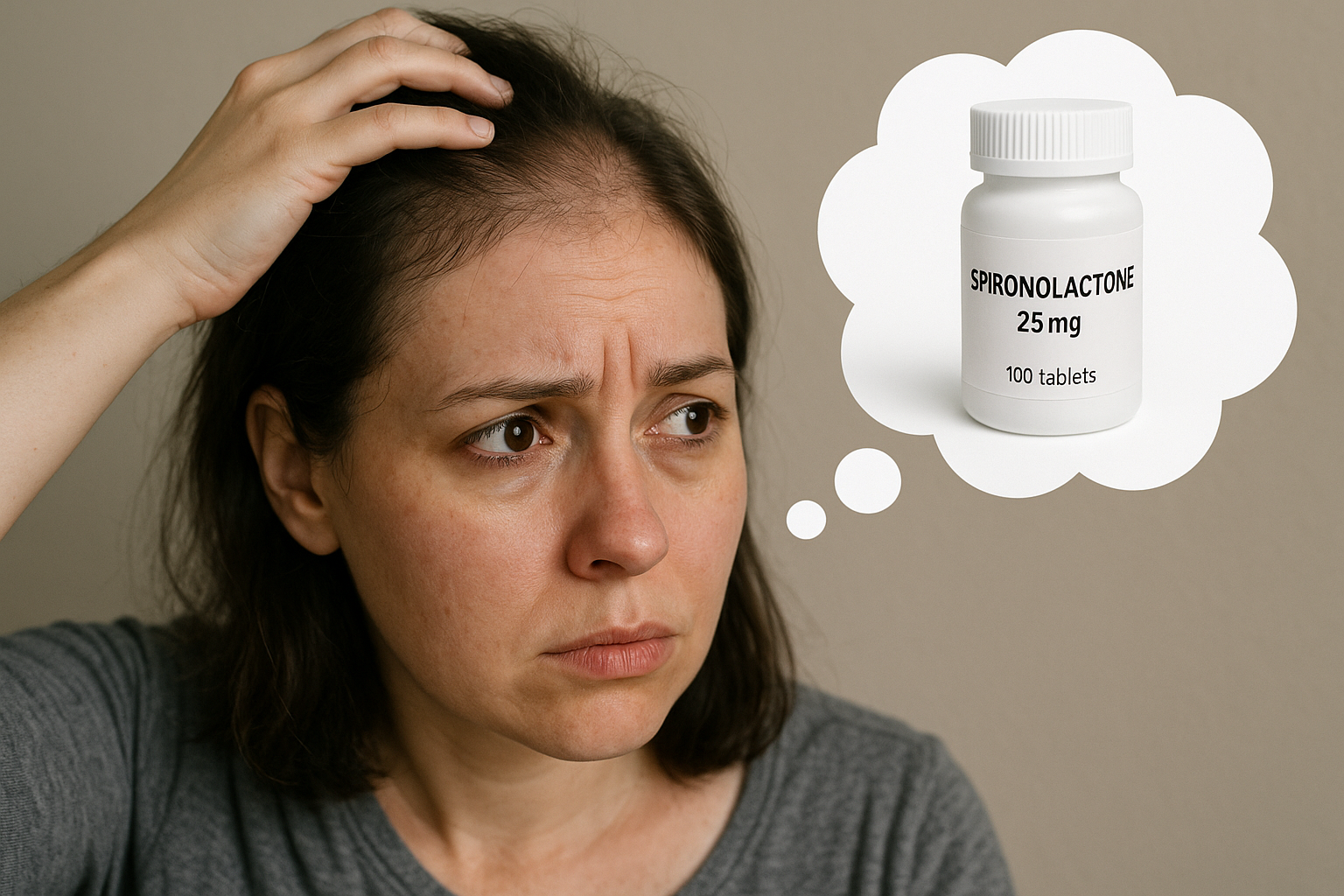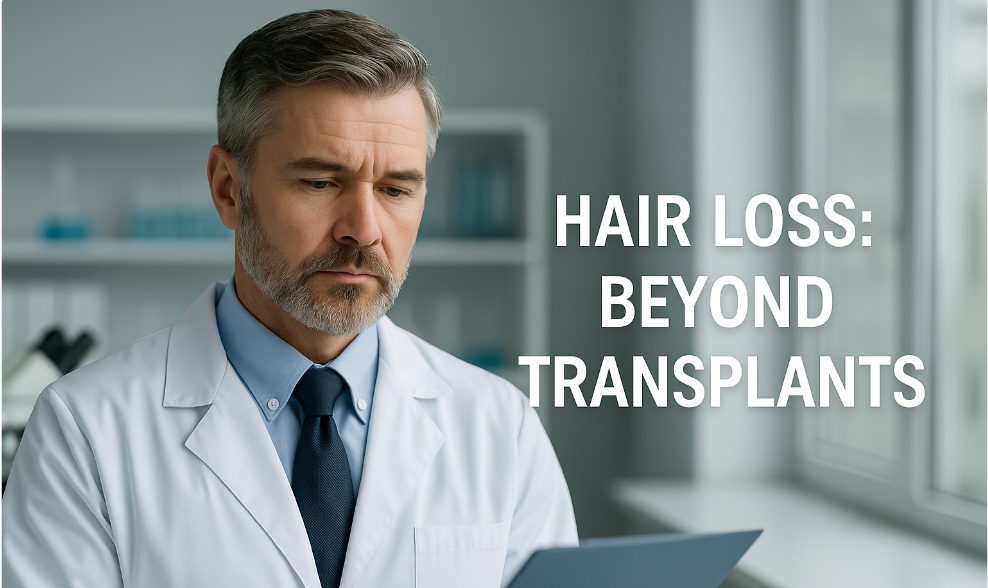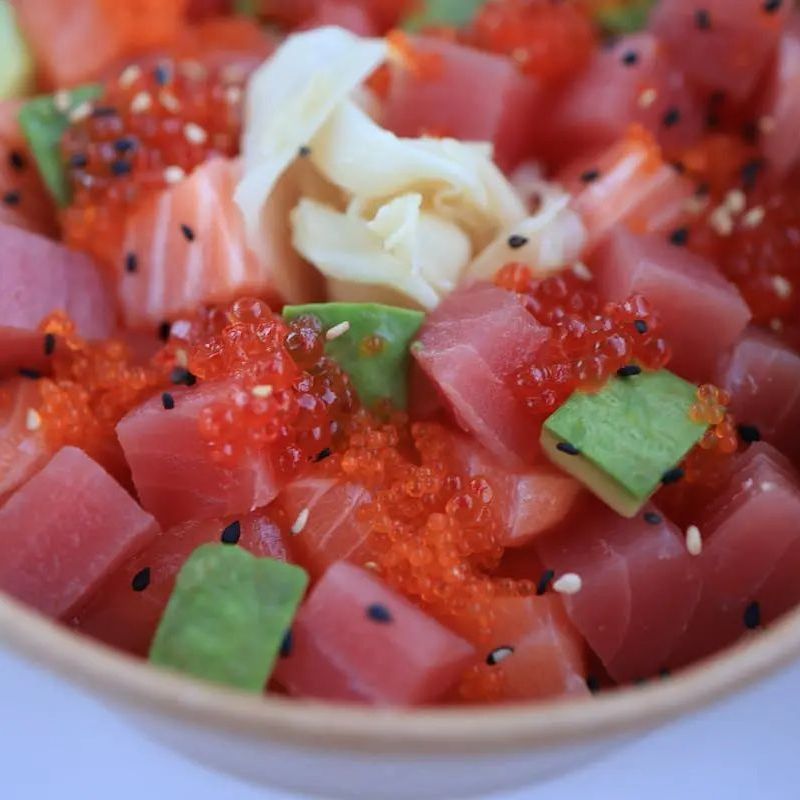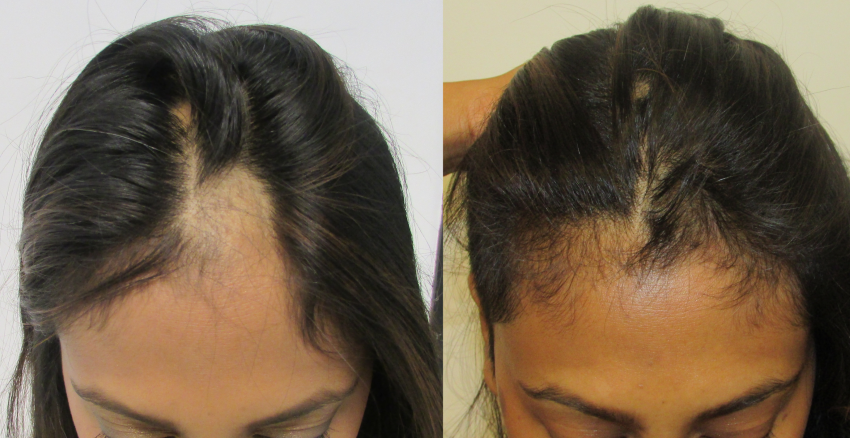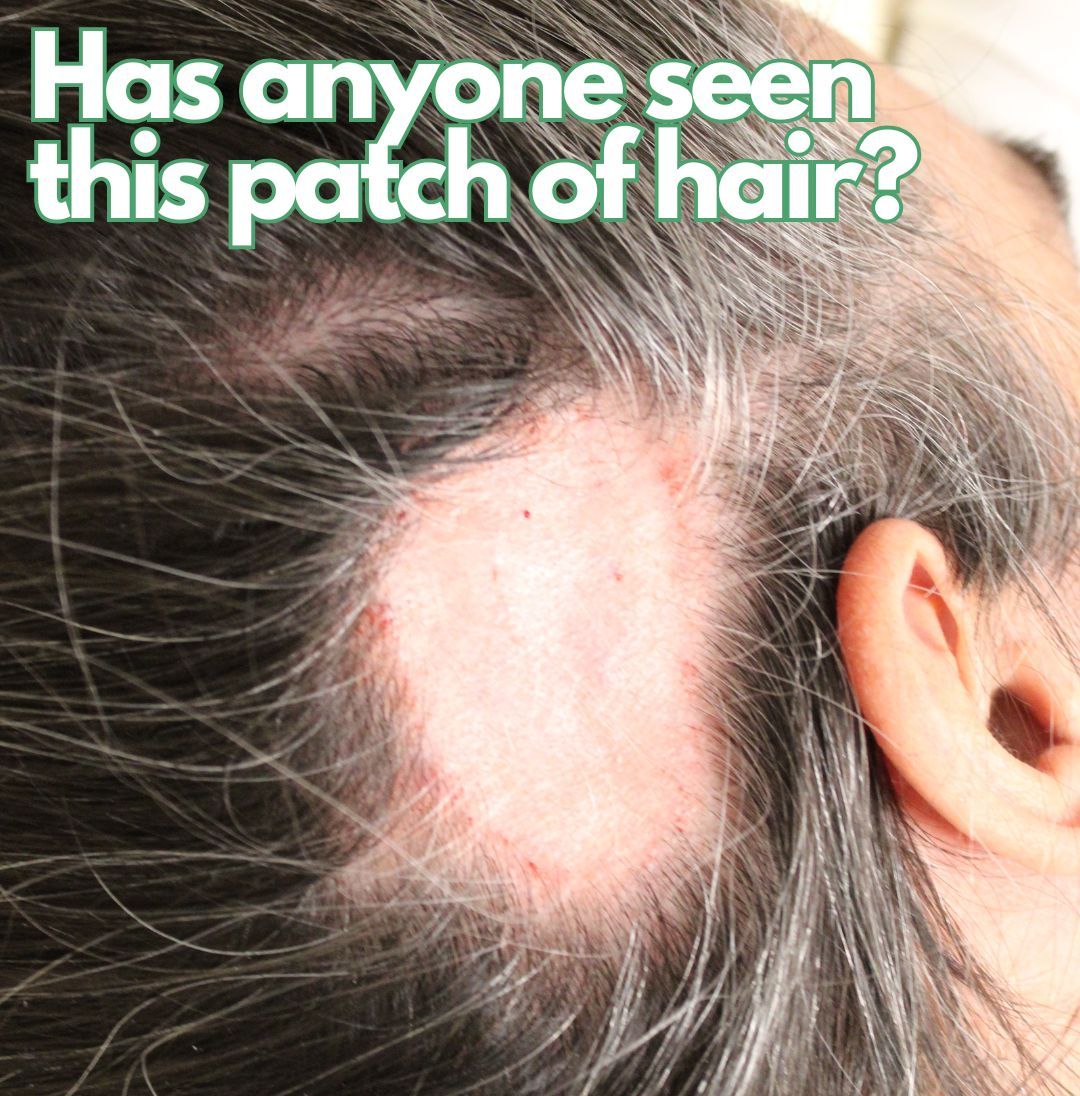Intermittent Fasting And Hair Loss: What You Need To Know Now!
The Hair HealthStyle Can Provide Caloric Restriction and Ketosis If You Do It Right
The Rise of Intermittent Fasting
In recent years, intermittent fasting has gained significant traction as a popular health trend. Many people are turning to this dietary approach to burn stored fats, increase IGF-1, reduce cell aging, and improve metabolism and cognitive function. But have you ever noticed that many of the individuals promoting this lifestyle are experiencing hair thinning or loss?
The Science Behind Intermittent Fasting
A comprehensive summary of studies on intermittent fasting was released in April this year (ref 1). The regimes discussed range from fasting for a few days at a time to daily fasting for 13-20 hours, leaving a much smaller eating window than the recommended 12 hours. But what are the benefits people claim to achieve from these regimes?
The Claimed Benefits of Intermittent Fasting
The purported benefits of intermittent fasting include weight loss, improved cognitive and metabolic function, healthier mitochondria, and reduced incidence of diseases like diabetes and heart disease. High-profile figures like Joe Rogan, who has millions of followers, are actively practicing these fasting regimes and claiming to experience these benefits. But is there any scientific evidence to back up these claims?
The Sydney Study: Timing or Content?
Interestingly, a recent study conducted in Sydney, Australia, tested whether the timing of eating or the content of the diet produced any benefits. They divided the participants into 2 groups and fed them the same type and amount of food either spread throughout the day or eaten solely within a restricted time window. The study found that while the group practicing restricted eating time window did lose some weight, there was no difference in any other measures compared to the group that ate the same food spread out during the day. The researchers concluded that the benefits of intermittent fasting come not from timing of meals but rather from the quantity and quality of the food consumed instead.
The Okinawa Blue Zone: Hara Hachi Bun Me
Okinawa Islands in Japan is the area in the world with the healthiest, longest living, people. Not only is their average longevity well over 100, but they are also mentally sharp and physically active well beyond 100 years of age too. What are the traits that researchers believe make the Okinawan's so healthy?
The Okinawan's practice what they call Hara hachi bun mi which is a Confucian teaching that instructs people to eat only until they are 80 percent full. They do not practice intermittent fasting or timing of eating. Instead their caloric restriction comes just by eating until less than full at every meal. They always stop and 80% and as a result receive all the benefits of caloric restriction including a virtually no zero population diabetes or heart disease, amazing mental acuity and sharpness, they are physically active well over 100 years of age too. Plus they also have great hair.
The Real Features of Intermittent Fasting: Caloric Restriction and Ketosis
Many of the studies that led to the theory of intermittent fasting were conducted on animals or very small sample sizes.
However what does shine through from those studies is that rather than the timing of eating as disproved by university of Sydney and the Okinawans, the main theory outcomes which cause the benefits of intermittent fasting are:
- Caloric restriction
- Ketosis
Both of these can be achieved on Dr. Nettles' Stop and Regrow diet without restricting the timing of what you eat, but instead focusing on what you eat and how much of it (just like the Okinawans).
Achieving Health Benefits While Promoting Hair Growth
So, how can we achieve the benefits of improved metabolism, fat loss, improved cognitive function, improved biochemistry, and reduced risk of disease, while also maintaining and promoting hair growth? Dr. Nettles, a leading expert in hair health nutrition, believes that hair loss is a symptom of our bodies not being in optimal health. His daily health style is designed to get you into optimal health, so healthy that your hair wants to regrow. But how does this work?
Fasting, Diet, and Hair Health
Fasting puts the cells into a state of depletion. Humans were not designed to overeat and then hibernate like bears. We also weren’t designed for eating candy, soda, and cakes. A healthier approach is to eat much smaller meals, especially ones that are very low in carbs spread throughout the day. Cutting back on sugar intake drastically, including fruit, is crucial. When you do eat carbs, only eat those within the small feeding window. Some experts recommend only eating one meal that includes carbs each day. But what about protein?
The Importance of Protein
Maintaining protein intake for hair growth is also essential. If cutting back on how much you eat is only achievable for you via a restricted eating window, then Dr Nettles recommends that Protein water, with zero carbs and zero fat, can be consumed outside your eating times. Remember that protein is the only macronutrient which can't be stored, so it's important to get as much as possible into your system over the longest period possible.
Human Behavior and Caloric Restraint
One of the founding fathers of intermittent fasting created the program to help people lose weight. When he originally created it, his fasting program was a plan of smaller meals multiple times per day. However, his overweight patients just could not stop eating, were still hungry after small meals and would continue to overeat anyway. The only way he could get them to consume less calories was by restricting the time of day they were allowed to eat. This raises an interesting question about human behavior and how to practice caloric restraint.
Dr Nettles Daily HealthStyle for Hair and Overall Optimal Health
So what does the hair doctor with great hair and in optimal health recommend:
- Don’t over-eat. Eat only the size of your fist or less every 2-3 hours. Make sure each meal has 20-30g protein. Then add healthy fats, shouldn't be much room left for carbs.
- Don’t eat fruits and keep vegetables to a minimum eating those high in fiber and variety of colors to get the needed vitamins and minerals from food sources which are much better absorbed and utilized by the body than via supplementation.
- Keep your carbohydrates to a minimum based on your blood work sugar levels - regularly check what is actually happening to your blood on a regular basis. If your A1C is below 5.0 then you have to be restricting carbohydrate calories to achieve this, and you will get the calorie restriction benefits which really are derived from carbohydrate restriction. Too much sugar in your system is the real problem.
- If your protein is above 7.5 and your HDL over 60 or even better over 100 then your body has the building blocks to function optimally.
- If you really can’t keep your meals small then eat carbs only at one meal per day. Don't forget that vegetables are carbohydrates too.
Conclusion: Fasting and Hair Growth
In conclusion, it is possible to enjoy the benefits of fasting while also promoting hair growth. It's all about understanding the right balance and making informed dietary choices.
To learn your nutrition numbers, get your biochemical report card labs. Learn more about the BRC lab tests here.
Reference studies:
- Effects of intermittent fasting on cognitive health and Alzheimer's disease, April 2023.
https://www.researchgate.net/publication/369975560_Effects_of_intermittent_fasting_on_cognitive_health_and_Alzheimer's_disease
2. Intermittent fasting leads to weight loss not improved health, February 2023.
https://www.sydney.edu.au/news-opinion/news/2023/02/10/intermittent-fasting-leads-to-weight-loss--not-improved-health.html
3. The Okinawans key to healthy aging, April 2020.
https://www.verywellhealth.com/the-okinawans-key-to-healthy-aging-2223603
Watch more of our Chef Jay n Dr Ray video podcast series here.

